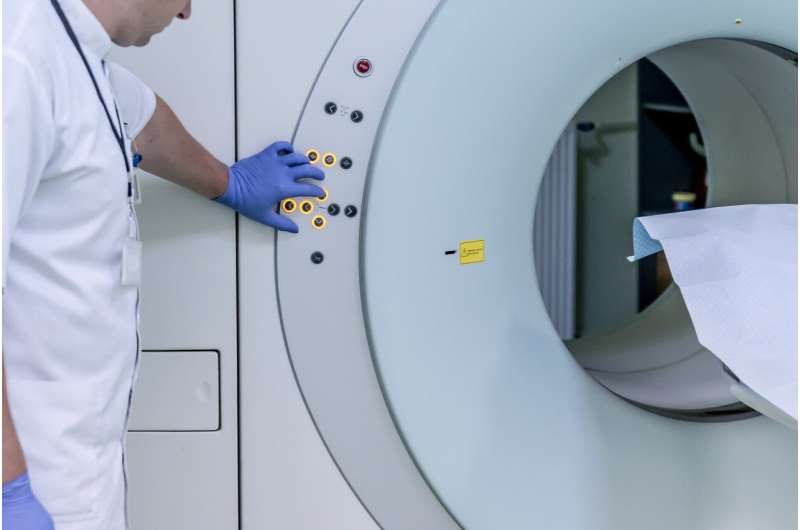Innovative Targeted Approach Prevents Severe Nerve Pain from Chemotherapy

A groundbreaking study unveils a targeted strategy to prevent chemotherapy-induced nerve pain by inhibiting the AEG-1 gene, offering hope for improved cancer treatment outcomes and quality of life.
Recent research has identified a promising targeted therapy to combat chemotherapy-induced peripheral neuropathy (CIPN), a painful and often debilitating side effect experienced by cancer patients undergoing treatment. A team from Virginia Commonwealth University (VCU) discovered that a tumor-associated gene called AEG-1 plays a key role in regulating inflammation that leads to nerve damage during chemotherapy. Their findings suggest that inhibiting AEG-1 activity could effectively prevent or reduce CIPN symptoms.
CIPN manifests as pain, tingling, numbness, and heightened sensitivity in the hands and feet, caused by nerve damage from chemotherapy drugs like platinum-based agents and taxanes. While most patients recover within a few months, approximately 25-30% experience persistent, chronic neuropathy. Current treatment options are limited, often relying on opioids, which carry a risk of addiction and side effects.
The study, published in Brain, Behavior and Immunity, highlights that eliminating AEG-1 in immune cells called myeloid cells can prevent the neuroinflammation responsible for CIPN in preclinical models. This innovative approach not only offers a potential method to prevent nerve pain but also may reduce tumor size by targeting inflammation within tumors. Researchers believe that further clinical development and trials could lead to new, effective therapies that avoid reliance on addictive pain medications.
According to Dr. M. Imad Damaj, a lead researcher, current FDA-approved drugs do not specifically address CIPN, highlighting the need for targeted treatments. Co-author Dr. Devanand Sarkar emphasized that inhibiting AEG-1 could serve as a dual strategy—preventing neuropathy while simultaneously inhibiting tumor growth, thus improving patients' quality of life and treatment adherence.
Future research aims to evaluate the safety and efficacy of AEG-1 inhibitors in clinical settings and explore whether such treatments can reverse established CIPN. This groundbreaking work opens the door for new preventive strategies against nerve damage in cancer therapy, potentially transforming patient care.
For more details, see the publication: Bryan D. Mckiver et al, Astrocyte Elevated Gene-1 (AEG-1) in Myeloid Cells as a Driver of Chemotherapy-Induced Neuropathy, in Brain, Behavior and Immunity (2025). Source: https://medicalxpress.com/news/2025-05-strategy-untreatable-nerve-pain-chemotherapy.html
Stay Updated with Mia's Feed
Get the latest health & wellness insights delivered straight to your inbox.
Related Articles
Early Detection of Brain Changes in Down Syndrome Linked to Alzheimer's Disease
A recent study reveals that structural brain changes in the medial temporal lobe of individuals with Down syndrome can begin up to 15 years before Alzheimer's symptoms appear, opening new avenues for early diagnosis and intervention.
Early Life Exposure to Dogs and Its Potential to Reduce Genetic Risk of Eczema
New research indicates that early exposure to dogs may protect children genetically predisposed to eczema by influencing immune-related genetic mechanisms, offering potential avenues for prevention.
Reducing Energy Waste in CT Scanners: A Sustainable Step Forward
Innovative research shows that turning off surplus CT scanners during off-hours can significantly reduce energy consumption in hospitals, contributing to more sustainable healthcare.



